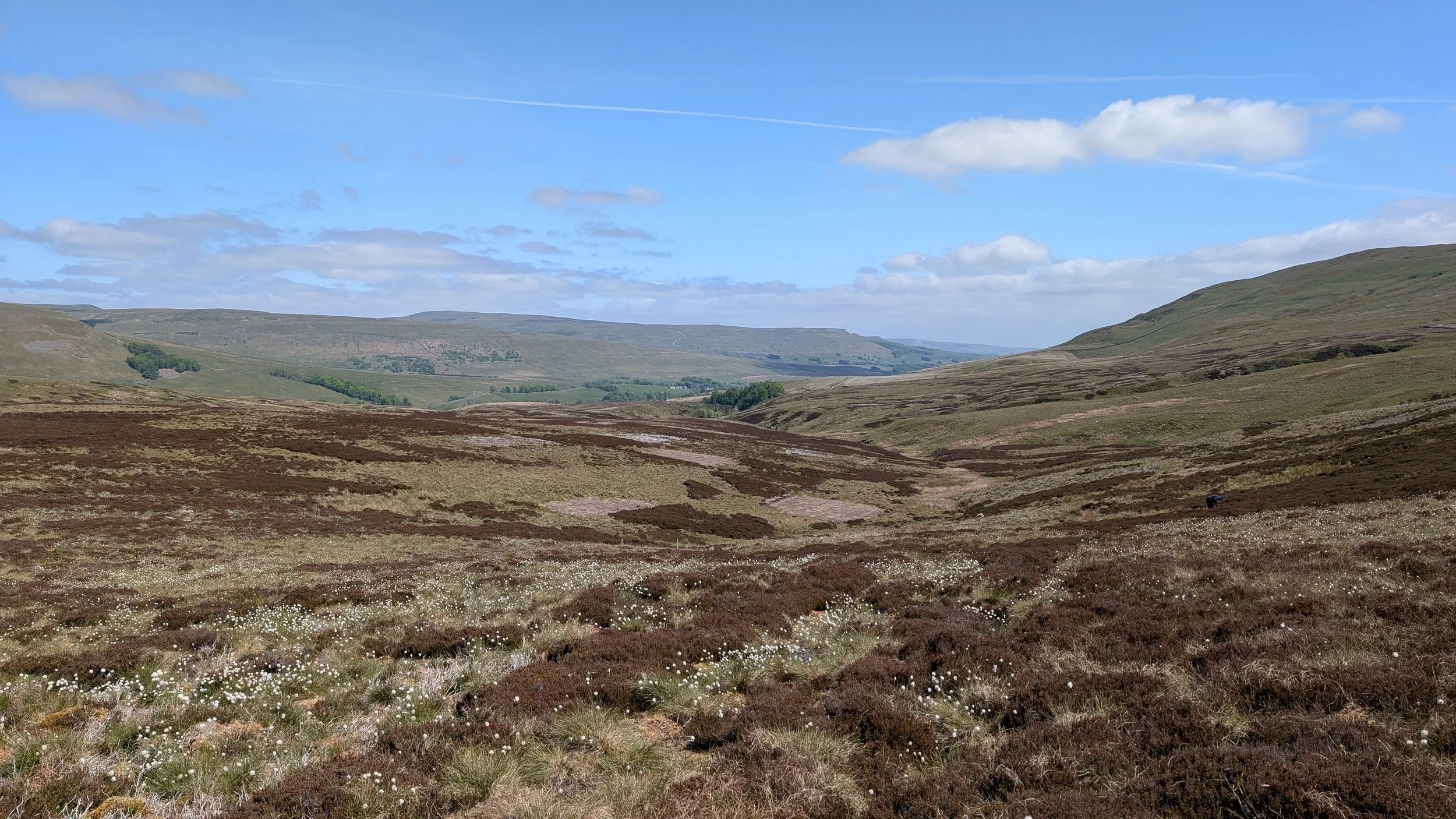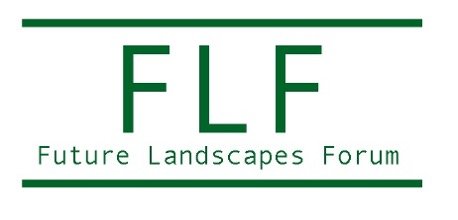
Position Statements
The dual reality of the climate and nature crisis has driven a review of how we manage landscapes and ways in which we might do better. Our uplands contain high, yet vulnerable, levels of stored peat carbon, and internationally important semi-natural heather moorland assemblages. These are regarded as priority landscapes, and their management practices have rightly come under close scrutiny. Future management guidelines need to be focused on restoring damaged habitats, and supporting long-term ecological functions.
The degraded nature of much of our upland peatlands is a clear indication of how poor management policies such as drainage or overgrazing can cause significant damage. The use of controlled vegetation-fires on heather moorlands, for example, has also been linked to peatland degradation. However, the evidence base underpinning such claims is weak and often unclear, and there is an ongoing debate around prescribed fire as a valuable management tool. This debate also highlights the critically important role of thorough evidence reviews, and the need for the ongoing monitoring of both the outcomes of existing policies and emerging science with which to inform subsequent adaptive management. We have realised that this applies to many of the upland debates.
It is unlikely there will be a clear-cut scientific consensus on the correct course of policy when dealing with such complex ecosystems. Nonetheless it is vital that policy-makers grade the evidence they receive, giving priority - over poorly-referenced ‘expert opinion’, or claims of well organised and vociferous single-issue lobby groups – to scientifically sound studies and meta-analyses of the current science.
Our Future Landscapes Forum position statements are supported by several researchers and practitioners in the field of upland management. Our shared views represent a collective body of current, evidence-based science and best practice. We are not prescriptive in our approach to this complex subject, rather we caution that, given the significant knowledge gaps, radical policy change such as the banning of controlled vegetation burning as a habitat-management tool could result in unintended and likely ecologically devastating consequences at a time when it is critical that we get policy right.
Our position is that there needs to be an open and honest debate about the science and evidence, before rushing into to formulate policies that restrict valuable management tools or put forward new, untested policies. Indeed, several recent publications have pointed out many unfounded claims, flawed studies, and crucial knowledge gaps, especially around heather management, tree planting and rewilding. Other studies point at real dangers of limiting management options at a time of climate change and the need for adaptive management. As experts in the field, we would welcome your support in our aim to bring all parties to the table to facilitate such an outcomes-focused policy process.
Published Statements
-

Controlled Burning
There is no clear evidence nor a scientific consensus to support a blanket ban on controlled burning. Rather there is an urgent demand for a cautious and adaptive management approach in light of available evidence and knowledge gaps.
-

Bracken Control
Bracken is a native fern in the UK but can become over-dominant, suppressing biodiversity and posing a risk to animal and human health. Recent changes to chemical controls (asulam) require an urgent rethink of bracken management.
-

Ten Ecological Principles
These ecological principles provide evidence-based context and information to guide conservation management of moorland and upland landscapes. They are aimed at the public, practitioners and policy makers, and it is hoped they will be taken onboard by anyone discussing changes to the upland landscape in Britain and Ireland.
-

Defra Burning Policy
Recently proposed changes to heather management on peatland will have significant implications on the uplands. Unfortunately, there remain many evidence gaps around alternative cutting and cessation of heather management, especially the risks of wildifre seem to be overlooked in the latest Defra policy. We highlight several key issues in the evidence base and the assessments done by Natural England, which need to be urgently considered to prevent unintended consequences if ill-informed policy.
